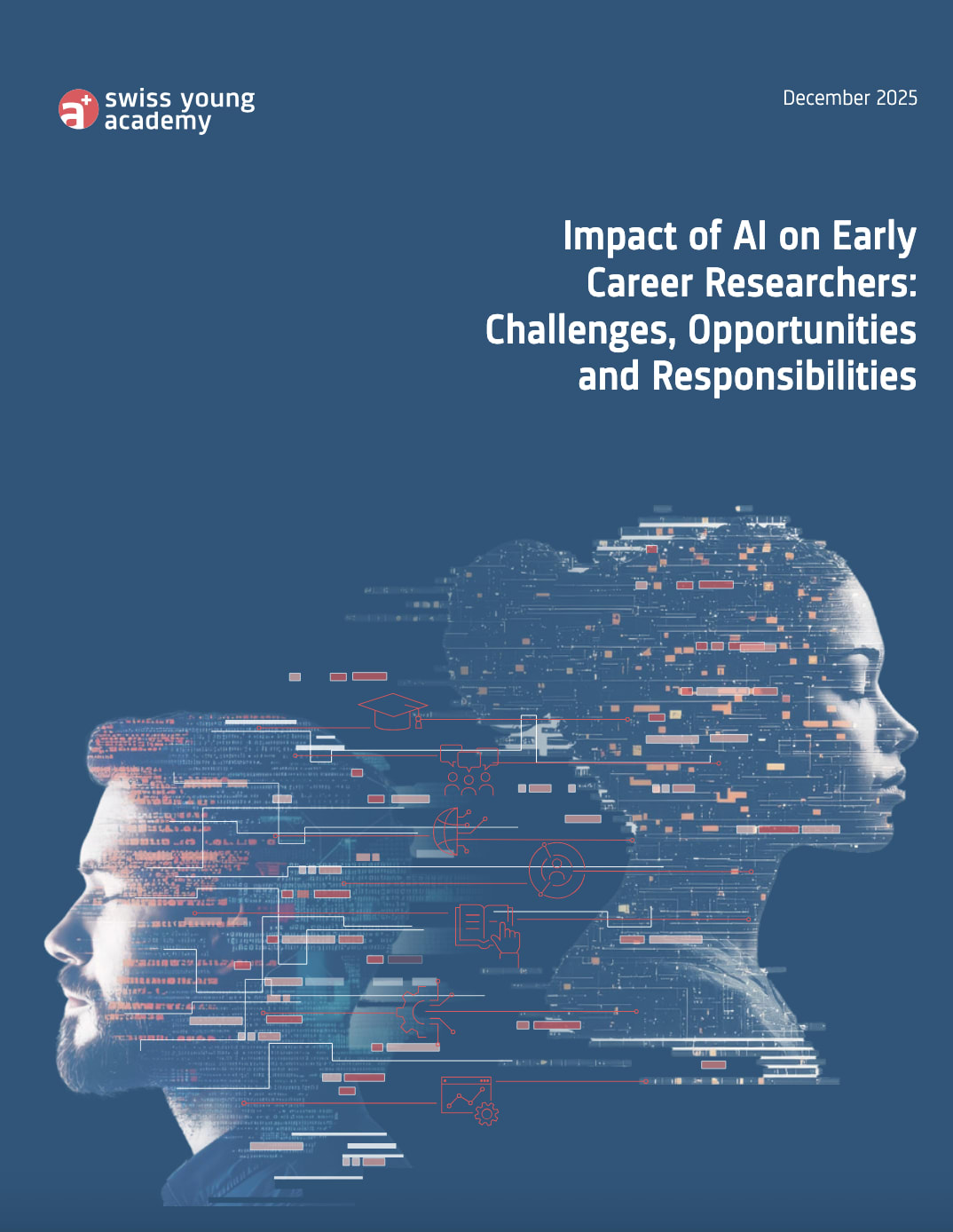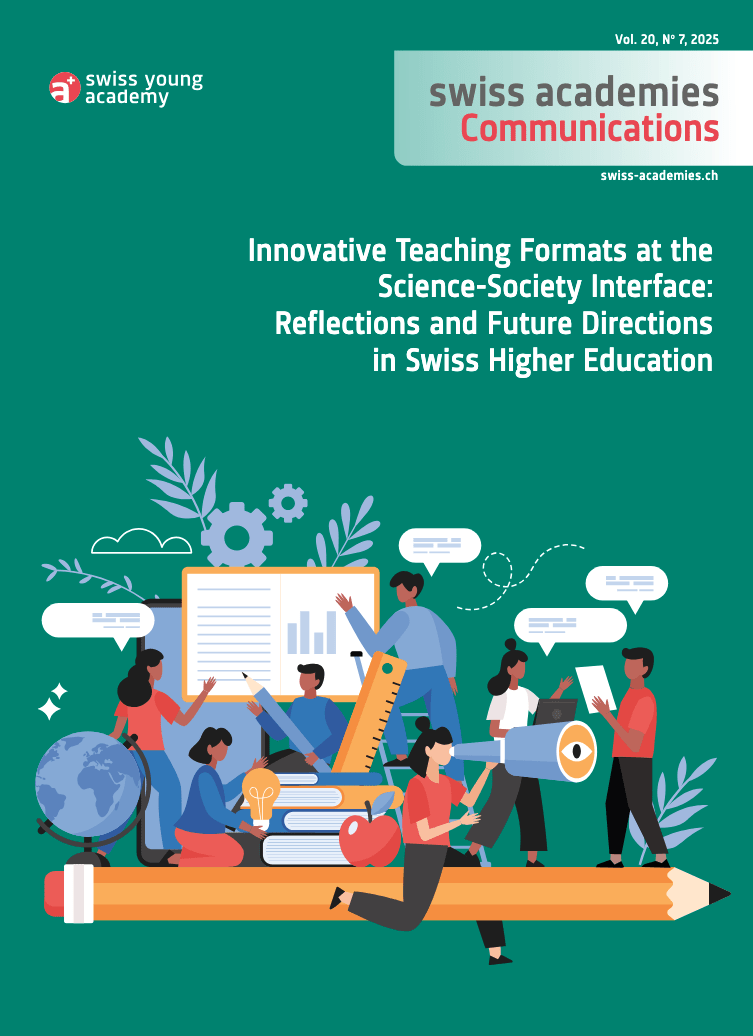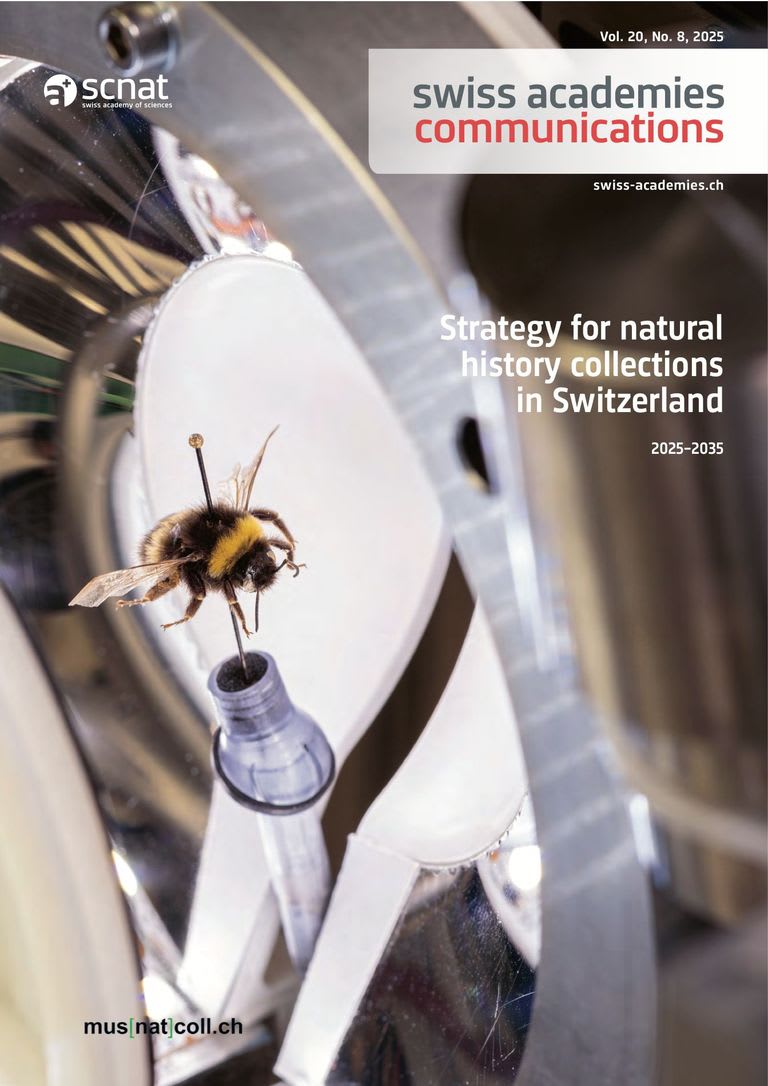Swiss Academy of Humanities and Social Sciences SAHS
Macht und Medizin. Beiträge aus der Veranstaltungsreihe Medical Humanitites 2017-2020
SWISS ACADEMIES REPORTS, VOL. 16. NO 10, 2021
Von 2017 bis 2020 haben die Schweizerische Akademie der Geistes- und Sozialwissenschaften (SAGW) gemeinsam mit der Schweizerischen Akademie der Medizinischen Wissenschaften (SAMW) das Verhältnis von Macht und Medizin in einer Veranstaltungsreihe thematisiert. Konkret, anschaulich, praxisnah und erfahrungsgesättigt legten die ReferentInnen dar, was unter «Medical Humanities» zu verstehen ist: Es sind dies die historisch gewachsenen rechtlichen, ökonomischen, sozialen, ethischen, kulturellen und politischen Faktoren, welche die Medizin und das Gesundheitssystem massgeblich gestalten und beeinflussen. Thematisiert wurde zuerst «Die Kraft der Normen» (2017). Es folgte «Die Macht des Geldes» (2018) und «Die Macht des Patienten» (2019). Mit einem Blick in die «Macht und Ohnmacht der Medizin» wurde die Reihe 2020 abgeschlossen.
Schweizerische Akademie der Geistes- und Sozialwissenschaften & Schweizerische Akademie der Medizinischen Wissenschaften (Hrsg.) (2021): Macht und Medizin. Beiträge aus der Veranstaltungsreihe Medical Humanities 2017-2020. Swiss Academies Reports 16 (10).




